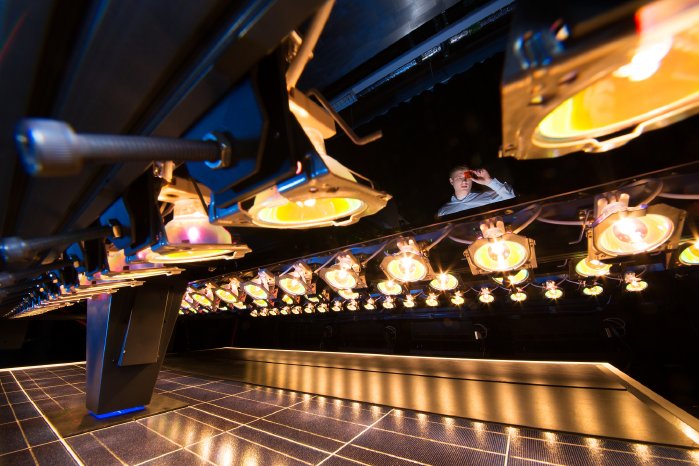One significant change is the use of front and backsheets. These are the covers of a PV module that protect the module from environmental influences such as moisture, dirt or mechanical stress, thus reducing the risk of short circuits or fires. For module certification, it is now necessary to qualify the front and backsheets used in accordance with the IEC 62788-2-1:2023-08 safety standard. However, many front and backsheet manufacturers still have some catching up to do, which is delaying the overall certification of PV modules to the new standard.
"What many manufacturers underestimate: Testing front and backsheets according to IEC 62788-2-1:2023-08 can take a very long time. Some long-term tests involve 5,000 test hours and run for up to 30 weeks," explains Roman Brück, solar and testing expert at TÜV Rheinland. "There is currently an oversupply of PV modules on the market. To avoid bottlenecks in the future, it is crucial for manufacturers to understand and comply with this new standard and to have the front and back sheets tested early in the project". TÜV Rheinland can help with testing and qualification services: www.tuv.com/solar
Safety and quality in almost all areas of business and life: This is what TÜV Rheinland stands for. The company has been active for more than 150 years and is one of the world's leading testing service providers. TÜV Rheinland has more than 22,000 employees in over 50 countries and generates an annual turnover of more than 2.4 billion euros. TÜV Rheinland's highly qualified experts test technical systems and products around the globe, support innovations in technology and business, train people in numerous professions and certify management systems according to international standards. The independent experts thus ensure trust along global flows of goods and value chains. TÜV Rheinland has been a member of the United Nations Global Compact for more sustainability and against corruption since 2006. Website: www.tuv.com


